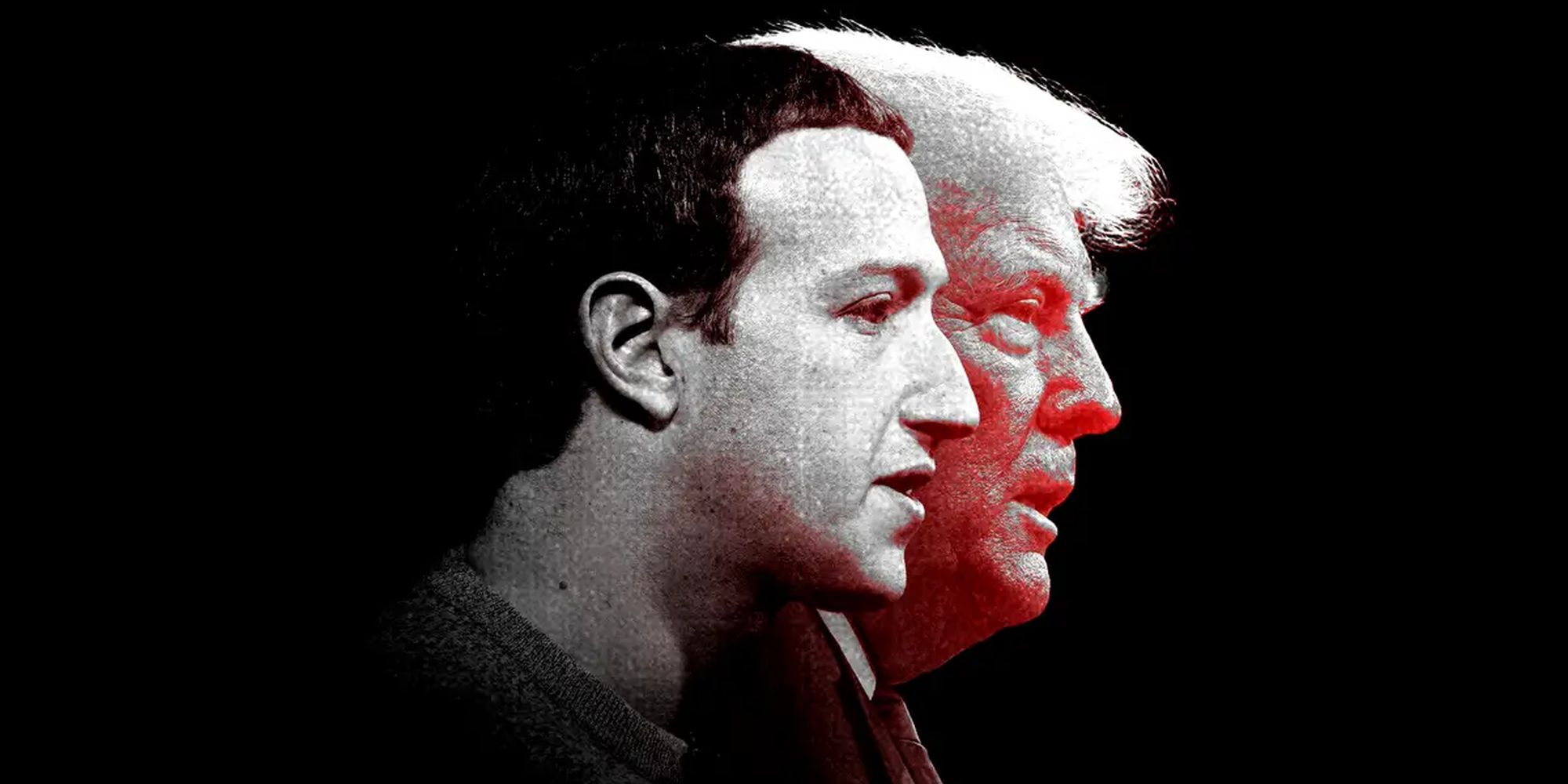A day after Mark Zuckerberg, the tycoon and owner of Meta (which controls WhatsApp, Instagram, and Facebook), announced plans to abolish content checks and make user post moderation more permissive, Justice Alexandre de Moraes of the Federal Supreme Court declared that the court “will not allow big tech companies or social networks to be used—whether intentionally, culpably, or simply for profit—to amplify hate speech, Nazism, fascism, misogyny, homophobia, or anti-democratic speech.”
According to Moraes, “our electoral justice system and our Federal Supreme Court have already shown that this is a land that has law. Social networks are not lawless lands. They will only continue to operate in Brazil if they respect Brazilian law, regardless of the bravado of irresponsible big tech leaders.”
In October, billionaire Elon Musk’s social network X paid 28.6 million reais (US$ 4.7) in fines after its platform was taken offline in Brazil for two months due to non-compliance with Moraes’ own order to block some accounts.
Entrepreneur Elon Musk aligned himself with US President-elect Donald Trump during last year’s election campaign. Similarly, in announcing the relaxation of controls and moderation on his platforms, Mark Zuckerberg also signaled support for Trump.
Zuckerberg stated he would “work with President Trump to pressure governments worldwide that are persecuting American companies and pushing for more censorship.” The Meta owner also claimed that Latin American countries have “secret courts” that can discreetly order companies to remove content.
In the view of Justice Moraes, the rapporteur for inquiries into fake news, digital militias, and coup d’état, the country’s challenge is “to prevent these giant conglomerates, the big techs, and their irresponsible leaders — who believe that because they have money they can rule the world — from evading regulation and accountability.”
January 8
For Moraes, the “primary cause” of violent and anti-democratic acts like the January 8, 2023 events in the Three Powers Square in Brazil’s capital Brasília was the spread of lies and the mass mobilization fueled by social networks.
“All of this emerged when extremists worldwide, particularly right-wing radicals, took control of social networks to manipulate people and undermine democracy from within. What this new form of extremist digital populism is doing is eroding democracy from the inside,” he stated.
Alexandre de Moraes made his statements during a “conversation circle” at the Supreme Court to discuss the importance of democracy. Also present at the event, Justice Gilmar Mendes stated that “on January 8, 2023, extremism and intolerance reached their peak when an insane mob, incited by widespread mobilization on social networks, invaded the headquarters of the Three Powers in Brasília.”
Mendes advocated for what he calls “digital constitutionalism,” a legal principle that “enshrines the protection of fundamental rights in the digital realm and imposes a duty of care on social networks regarding the dissemination of illegal content.” He emphasized that “this normative approach should never be confused with censorship. It is not censorship.”
Justice Mendes believes that digital constitutionalism “represents not only a legal evolution but also the cornerstone for building a democratic and pluralistic digital space, one that harmonizes freedom of expression with social responsibility in the virtual environment.”
Brazil’s newly appointed Communication Minister Sidonio Palmeira criticized Meta’s decision, calling it “bad for democracy.”
“[Without fact-checking] you don’t control the spread of hate, misinformation and fake news,” he said, adding that Brazil needs to regulate social media, similarly to Europe.
Zuckerberg had said Meta would begin by scrapping fact checkers in the US. Brazil’s prosecutor’s office gave the company 30 days to clarify whether it intends to implement the changes in Brazil as well.
The prosecutors’ order was related to an ongoing probe of the actions taken by social media platforms to combat misinformation and violence online in Brazil.
Abr






